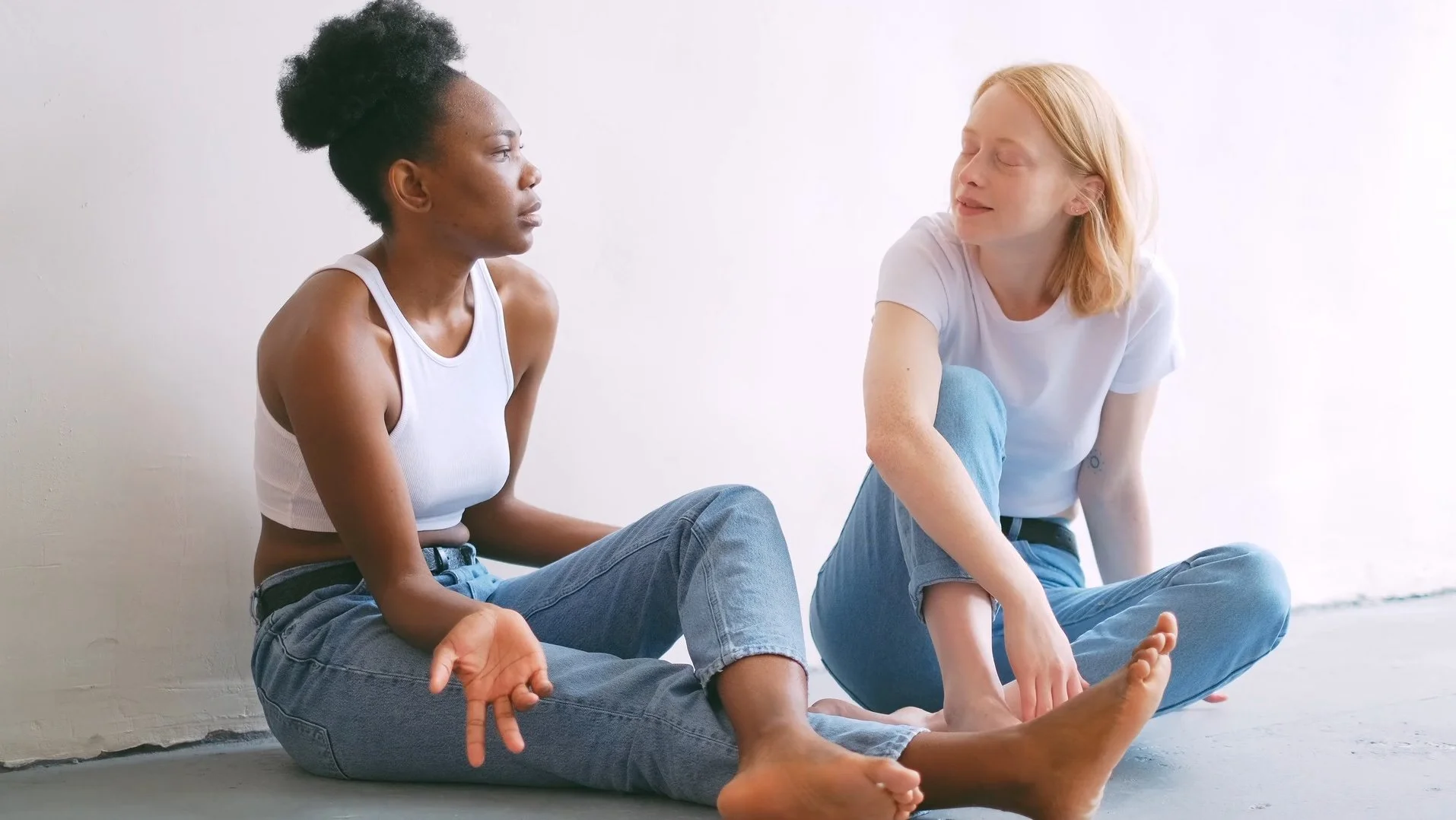A student of mine sent me a video documentary on Thich Nhat Hanh, a Vietnamese Buddhist monk whose teachings have always inspired me. It was essentially a history of his life.
I was playing the video in the background while I was doing other work on my computer until the moment I was stopped in my tracks. I rewound the video back a few minutes and listened again to make sure I had heard correctly. And sure enough, I heard it again. “In true dialogue, both sides must be willing to change.” This is something that Thich Nhat Hanh had said regarding his efforts to resolve war and find peace in the world.
It hit me like a ton of bricks. I sat there for a few moments really contemplating what this meant. If this is true, then I have to ask myself, “Have I ever been in real dialogue with another person?”
Most of us talk in order to be heard. But we rarely truly listen. We are seldom able to actually hear what the other person is trying to say. Oscar Trimboli wrote a book called “Deep Listening.” In his book, he addresses how we listen or, more importantly, how we don’t listen.
Most of us, rather than really listening to what the other person is saying, spend the time thinking about how we are going to respond. Our minds go to the stories we want to tell and the opinions we want to give rather than actually hearing what the other person has to say. We are really just waiting for a pause in the conversation to be able to speak whatever is on our mind.
If you really observe your thoughts in your next conversation, you’ll discover you're no different. It’s just naturally what we do. I’ve observed my own mind making a list of the points I want to be sure to make when it’s my turn to talk.
I think one of the reasons this statement struck me is because I’ve always thought of myself as a good listener. But when I analyze this statement, to be a good listener I have to be willing to be open to new ideas and different ways of thinking. It means letting go of my judgements and my preconceived notions about others and their beliefs. And just in that willingness, I can discover compassion and understanding for others that are different from me. I think it's with this compassion and understanding that Hanh believed conflict could be resolved.
I don’t think Hanh meant that I have to let go of my own beliefs and ideals or agree with what the other person is saying. But I do have to be open enough to recognize the possibility that there is another perspective. I have to let go of some of what I think I know, even if just temporarily, in order to have any hope of listening to someone else.
Otherwise, what’s the point in having a dialogue at all? Otherwise, one person is simply talking, and the other is simply hearing.
I think it’s important to hear another person’s stories, to laugh and cry with them, to see them “as me” as opposed to “other” than me. Usually we discover, who we are, our experiences and beliefs, are actually more similar than they are different.
Imagine a world where we really listened to one another, where we have true dialogue. Where our minds aren’t made up all the time, where we actually set our own thoughts aside temporarily to really be open to what someone else has to say.
To me, this is yoga. When we really listen to another person, we are practicing mindfulness. Yoga is acknowledging that the person across from me is just as “divine”, just as valuable, just as important as I am. Even if we don’t think exactly the same.
It doesn’t matter if the conversation is about religion or politics, relationships or family, health or lifestyle. I challenge you to observe your thoughts and try to find a way to be in true dialogue.


